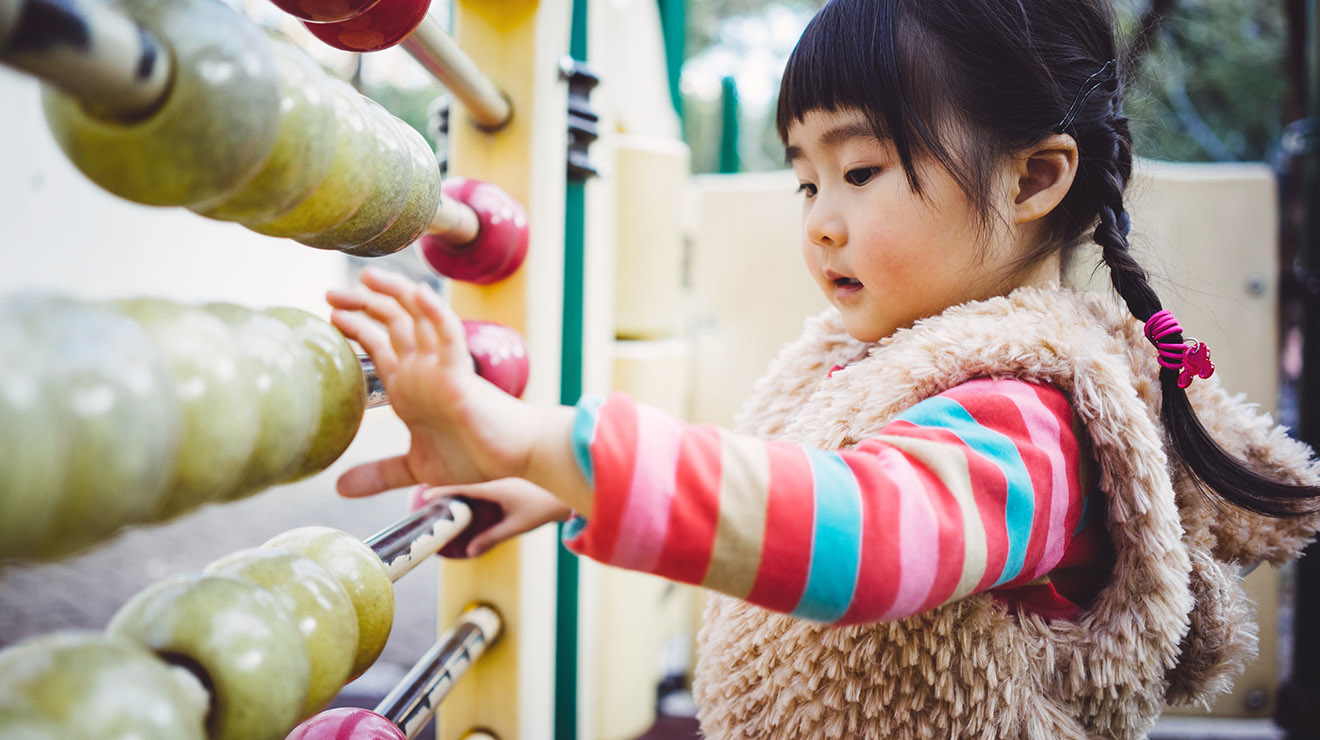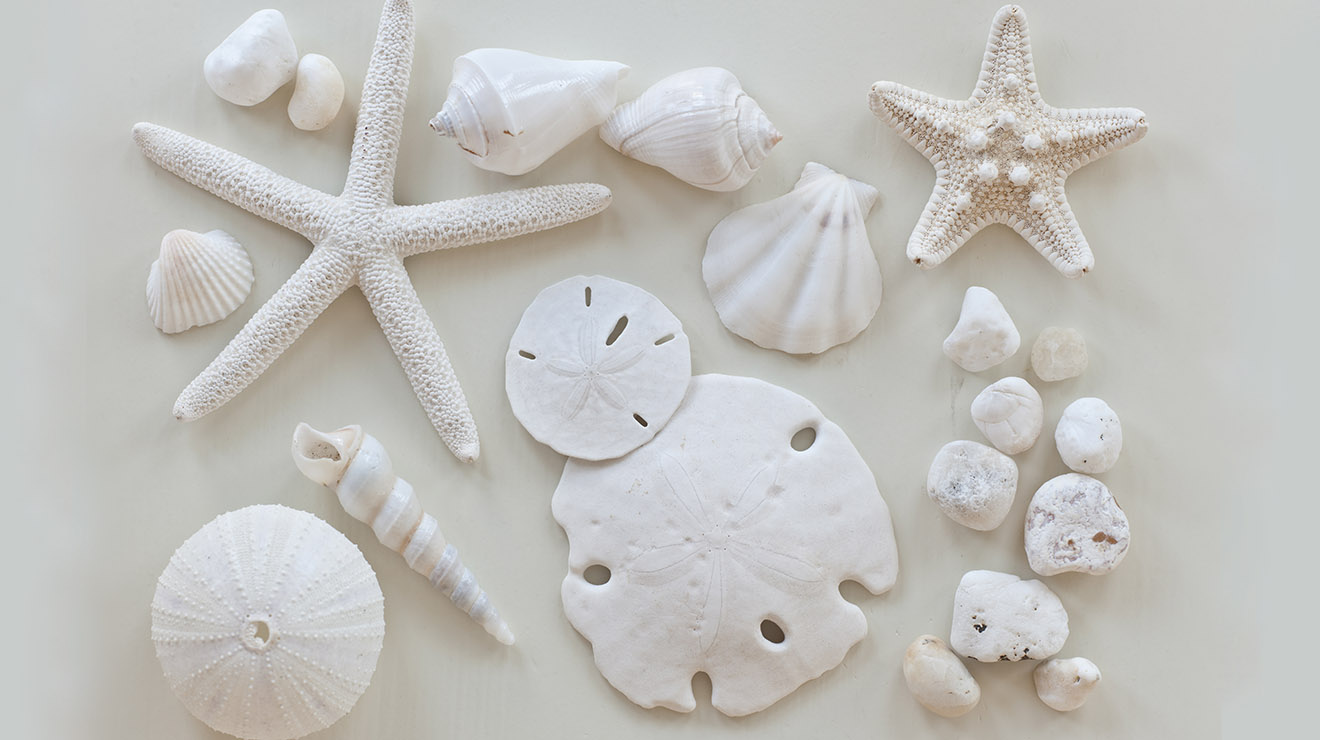Many women today are putting off starting a family in order to pursue other personal goals. For many of these women, starting a family one day is still a priority –they’re just waiting for the right time, and they think once they decide to have children they’ll be able to without much trouble. But the fact remains that a woman’s age is the most important factor in determining her chances of getting pregnant. While once these women had no alternatives, today’s young women have the option of freezing their eggs to preserve their future fertility. But when should you freeze your eggs? And what does the process entail? The fertility experts of UNC Fertility are here to discuss what women need to know about the egg freezing process and what they can expect.
1. Time is of the essence
While most women who freeze their eggs are in their late thirties, studies have shown that the best success rates for egg freezing come from patients who choose to freeze their eggs earlier. Ideally, women should seek to freeze their eggs before 32 in order for egg freezing to make a significant difference in their potential to get pregnant in the future. The reason? As women age, the quality of their eggs decrease, meaning they’re less likely to develop into viable embryos when the time comes.
To learn more about the egg freezing services offered by UNC Fertility, contact us today.
2. Get your health in check
Egg freezing is a significant financial investment, so you’re going to want to do everything possible give yourself the highest chance of success. One way to do that is to improve your overall health and quit your vices prior to starting an egg freezing cycle. Make attempts to achieve a healthy weight, minimize alcohol consumption, and most of all quit smoking. All three factors can negatively impact a woman’s egg quantity or quality, meaning a lower chance of success in the future.
3. You’ll walk away with valuable information
If you decide to move forward and freeze your eggs, you’ll walk away from the experience with more than just an egg bank. Prior to starting an egg freezing cycle with UNC Fertility, you’ll undergo a full fertility workup which can give you insight into your reproductive and overall health. Many women first find out about early warning signs of chronic diseases during their workup.
4. The process can be stressful
Just like IVF, the egg freezing process can be stressful. You’ll need to give yourself daily injections, come in for frequent blood tests and ultrasounds, and undergo the egg retrieval procedure. Juggling work, personal obligations, and dozens of appointments would stress out anyone, so it’s important to get organized and plan accordingly. Before starting an egg freezing cycle, make sure you’re able to work your appointments and procedures into your schedule and arrange for time off as needed from work.
5. Get peace of mind
That biological ticking clock? Gone. Many women who freeze their eggs find themselves feeling lighter and empowered. They head back into the dating world with a new perspective, positive attitude, and the peace of mind that comes with knowing that they have a fertility insurance plan in place.
6. There are no guarantees
While the success rates of patients using frozen eggs have improved, there is still no guarantee that eggs frozen today will result in a pregnancy in the future. Instead, egg freezing acts as a reliable insurance plan for women who are looking to delay motherhood. Want to know what you’re likelihood of success will be? Use UNC Fertility’s Egg Banking Calculator to get an estimated chance of success.
If you would like to learn more about the fertility preservation options with UNC Fertility, or are considering freezing your eggs, contact us at 919-908-0000 or request an appointment.











